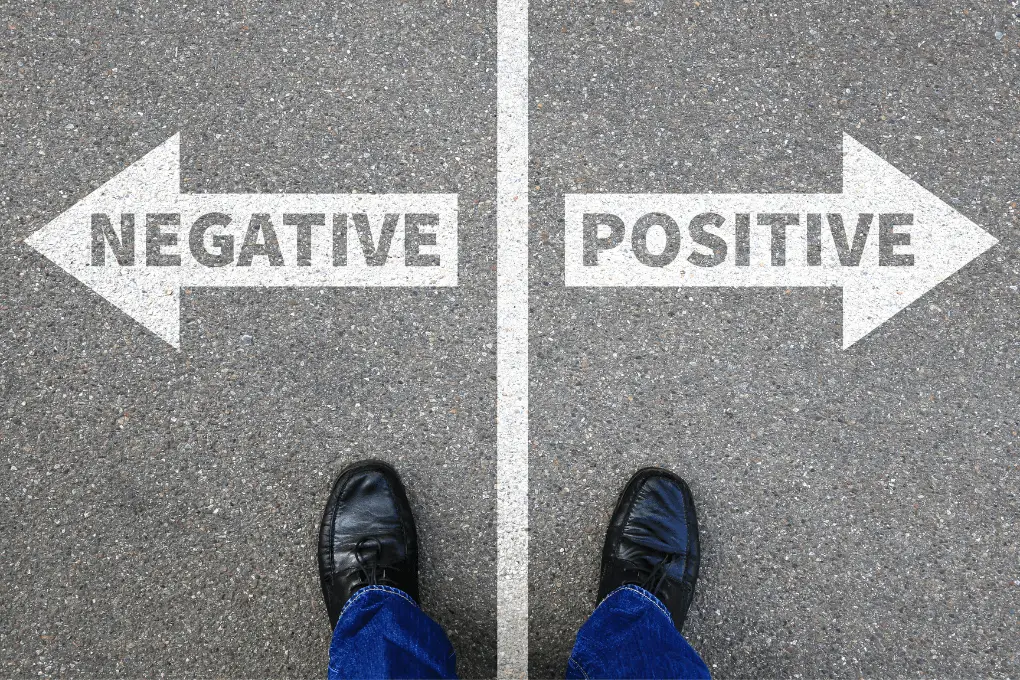Coping with social anxiety can pose a significant challenge, but it doesn’t have to control your daily life. It’s possible to overcome social anxiety and live a more fulfilling life. In this article, we’ll discuss tips and tricks on how to do just that. We’ll talk about how you can start to make changes that will help you battle social anxiety. With these strategies, you’ll be well on your way to overcoming your fear of meeting new people (or social events!) and talking in front of others (or even public speaking). So let’s get started!
Table of Contents
1. Identify Your Triggers

It’s essential to identify the source of your anxiety. What makes you feel uncomfortable in social situations? Is it speaking in front of a large group or small talk with strangers? It could be something else entirely. Taking the time to reflect on what triggers your anxious feelings can help you develop strategies for coping with them.
Once you’ve identified your triggers, try to become more mindful when those situations arise. Acknowledge how you’re feeling and remind yourself that these feelings are temporary. You can take slow, deep breaths to help relax and center yourself.
Recommended Reading
2. Practice Self-Care
Overcoming social anxiety requires prioritizing your physical and mental health.
Begin by establishing a consistent routine that incorporates regular physical exercise, adopting healthy dietary habits, and ensuring adequate sleep. Regular physical activity helps reduce stress and increase endorphin levels, which can help with anxiety. Eating healthily can improve your mood and energy levels, making it easier to face social situations. Plus, getting enough sleep is important for maintaining a healthy immune system and regulating emotions.
Ensure that you set aside some time for indulging in activities that bring you joy, such as reading, listening to music, or immersing yourself in nature. Taking breaks from work or school can also be beneficial in managing stress levels. Take the opportunity to relax with friends or family members and talk about things that interest you. Practicing mindfulness activities like yoga or meditation can help clear your mind so you can approach social interactions with more confidence.
3. Challenge Negative Thoughts

The path to overcoming social anxiety lies in challenging our negative thoughts. It is important to be aware of the thoughts that come up when feeling anxious and recognize that these are just thoughts rather than facts. While it can be difficult, it is entirely possible to confront these negative ideas and replace them with more positive and realistic ones.
By recognizing the power we have to influence our thoughts, we can start to take control of how we feel. This will help us create a better relationship with ourselves and others, as well as allow us to engage in activities without intense fear or apprehension. With practice, patience, and commitment, we can all develop healthier ways of thinking that will lead us towards greater confidence and contentment.
4. Face Your Fears
Now that you have begun to challenge your negative thoughts, it is time to start facing your fears. The key to this is to take small steps and be patient with yourself. Nothing will change overnight, so give yourself plenty of time and practice.
Start by slowly exposing yourself to situations that make you uncomfortable. This could include going out with friends, attending a party, or even public speaking. Gradually increase the intensity of the situation until you are comfortable enough to do it without fear or anxiety. When you start feeling anxious, remember the thought-challenging strategies you have learned and focus on staying positive. With each success, no matter how small it may seem, celebrate your victory! This will help you stay motivated and build confidence in your ability to overcome social anxieties.
5. Seek Professional Help

If your social anxiety is too much to handle on your own, seeking professional help may be your best option. You can seek the assistance of a therapist or psychologist to help you recognize the triggers and devise effective coping strategies that are tailored to your needs. During therapy, you’ll also learn skills to better manage stress and regulate emotions.
Cognitive-behavioral therapy (CBT) is a type of psychotherapy used to treat social anxiety disorder. It helps people recognize and change dysfunctional thinking patterns and replace them with healthier thoughts and behaviors. It can be done in individual or group settings.
Medication may also be an option if other treatments don’t help enough. However, medication should always be taken with therapy for optimal results. It’s important to talk to your doctor about what treatment approach is right for you. With the right combination of therapy and medication, you can manage your condition successfully and live a more fulfilling life free from fear, worry, and avoidance behaviors related to social situations.
Frequently Asked Questions on How to Deal with Social Anxiety
What is the best way to start a conversation with someone new?
Initiating a conversation with a new person can feel daunting., especially when you suffer from social anxiety. However, it doesn’t have to be.
One of the best ways to start a conversation is by making eye contact and smiling. This will make the other person feel more comfortable and less anxious as well. Ask open-ended questions that require more than a yes or no answer so that the conversation can flow naturally. It’s also helpful to practice small talk in advance, so you’re prepared for any situation. Lastly, try to focus on being present in the moment and not worrying about what could go wrong.
How can I break the cycle of negative thoughts about myself?

Breaking the cycle of negative thoughts about yourself can be challenging, but it’s a vital step in overcoming social anxiety. Start by recognizing when you’re engaging in negative thinking and try to replace them with more positive thoughts. This could include writing down your accomplishments or things you are grateful for and referring to that list when you find yourself spiraling into negative thoughts. Additionally, it’s important to practice self-compassion and recognize that everyone has periods of self-doubt – don’t beat yourself up for having these moments.
How can I reduce the physical symptoms of anxiety in social settings?
Social anxiety can be difficult to cope with, and could cause physical symptoms such as nausea, sweating, and rapid heart rate. One of the best ways to reduce these anxiety symptoms is to practice mindful breathing. Taking slow, deep breaths helps to slow down your heart rate and encourages relaxation. Additionally, engaging in physical activity or exercise can help to reduce stress hormones and provide an outlet for built-up tension. Finally, it may be beneficial to talk with a therapist who can provide techniques and strategies for managing social anxiety.
What are some practical strategies for calming myself in a social situation?

When it comes to calming yourself in a social situation, there are a few practical strategies you can employ. One of the most effective is to practice deep breathing exercises. Taking slow, deep breaths helps to slow your heart rate and relax your muscles. One effective technique is to engage in positive self-talk. You can remind yourself that there is nothing to fear and that you have the capability to handle any challenges that may arise. Finally, try engaging in activities that make you feel calm and confident, such as listening to music or reading a book. By using these strategies, you can stay calm and collected during social encounters.
How can I build better relationships with the people around me?
Building better relationships with the people around you is an important part of overcoming social anxiety. Start by getting to know them better, and opening up a bit about yourself. Try asking questions that show you’re interested in learning more about them, and be genuine in your response when they ask something about you.
Showing someone respect and kindness can go a long way in building relationships, so don’t be afraid to compliment them or do something nice for them every now and then. When talking with someone, focus on being present in the conversation by listening intently and responding thoughtfully. Finally, don’t forget to be yourself; if you act like who you really are, it will make others more comfortable around you.
Recommended Reading
Final Thoughts on How to Deal with Social Anxiety

Conquering social anxiety can be a long and difficult journey. But with the right tips and tricks, it is possible to overcome this challenge. Remember to take small steps and be kind to yourself. Begin by starting conversations with new people, breaking your negative thought cycles, and reducing physical symptoms. Having practical strategies for calming yourself in a social situation will also help immensely. Finally, work on building better relationships with those around you. With patience and practice, you can learn how to deal with social anxiety and become more confident in yourself. You can do it!
Disclaimer: This post may contain affiliate links. Meaning, if you click on one of the product links, I will earn a small commission at no cost to you. Thank you for supporting Creativity Mesh.
Why Trust Creativity Mesh? At Creativity Mesh, our mission is to help you unlock your creative potential, increase your productivity, and achieve your personal and professional goals. We provide well-researched, informative, and actionable content focused on topics related to creativity, productivity, and self-development. We are committed to being transparent, honest, and unbiased in everything we do. Our content is designed to help you make informed decisions and take meaningful action to improve your life. Thank you for choosing Creativity Mesh as your trusted source for creativity, productivity, and self-development.






